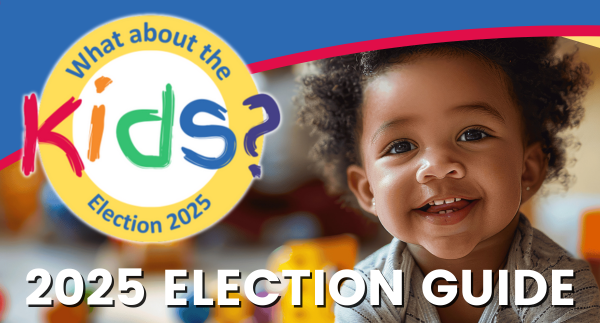Posted on May 27, 2025
Maternal health advocate and preeclampsia survivor Trashaun has turned her trauma into empowerment and purpose, sharing her story and advocating for increased awareness and support for expectant parents.
Preeclampsia is a serious pregnancy complication that affects thousands of women every year. It can lead to high blood pressure, organ damage, seizures, and even death if not caught early. But here’s the surprising part: the way we diagnose preeclampsia hasn’t changed much in over 100 years.
Right now, doctors mostly rely on checking a pregnant woman’s blood pressure and looking for protein in her urine. These methods aren’t always reliable. That means some women don’t get the help they need in time, while others may end up being treated for something they don’t actually have.
The Promise of Biomarkers
That’s where something called biomarkers comes in. Biomarkers are signals in your body—things found in your blood, urine, or saliva—that can tell doctors when something’s wrong. For preeclampsia, certain biomarkers could help spot the condition before it becomes dangerous.
Using biomarkers would allow doctors to:
- Catch preeclampsia earlier
- Know how serious it is
- Avoid unnecessary hospital visits
- Keep moms and babies safer
Researchers have already found some promising biomarkers, but these tests aren’t widely used yet. That needs to change—and fast.
A Call to Action
The Preeclampsia Foundation is urging everyone—doctors, researchers, hospitals, insurance companies, and government leaders—to make biomarker testing a priority. They want:
- More research funding
- Faster approval of new tests
- Better access for all pregnant women, especially those most at risk
- This is especially important for Black and Native American women, who are more likely to get preeclampsia and suffer worse outcomes.
What You Can Do
We have the tools to save lives—we just need to use them. If you’re pregnant, planning to be, or know someone who is, talk to your doctor about preeclampsia and the latest in testing. And consider supporting the work of the Preeclampsia Foundation, which is fighting for better care for all moms and babies.
🔗 Learn more and join the movement at preeclampsia.org.

Let's make children and their
families the center of the
2025 Election Campaign.
For more information on this topic, contact Winifred at wsmith-jenkins@acnj.org.

